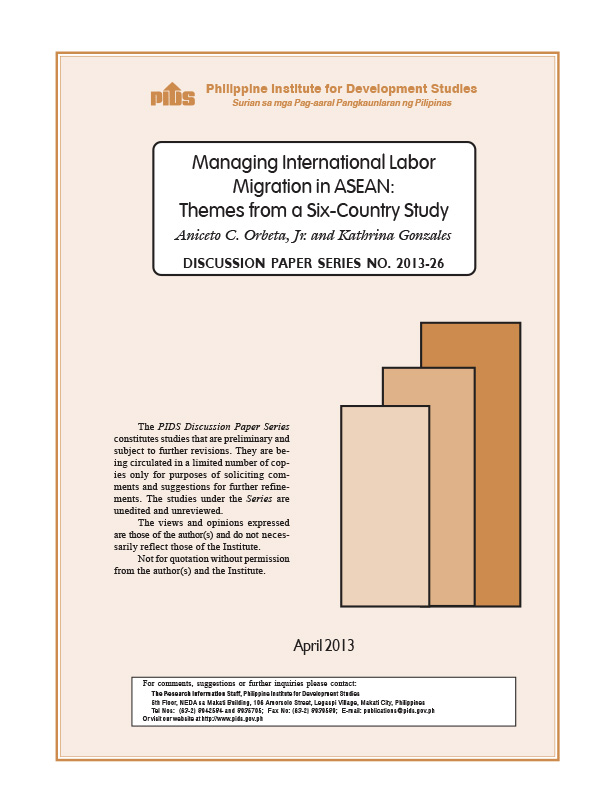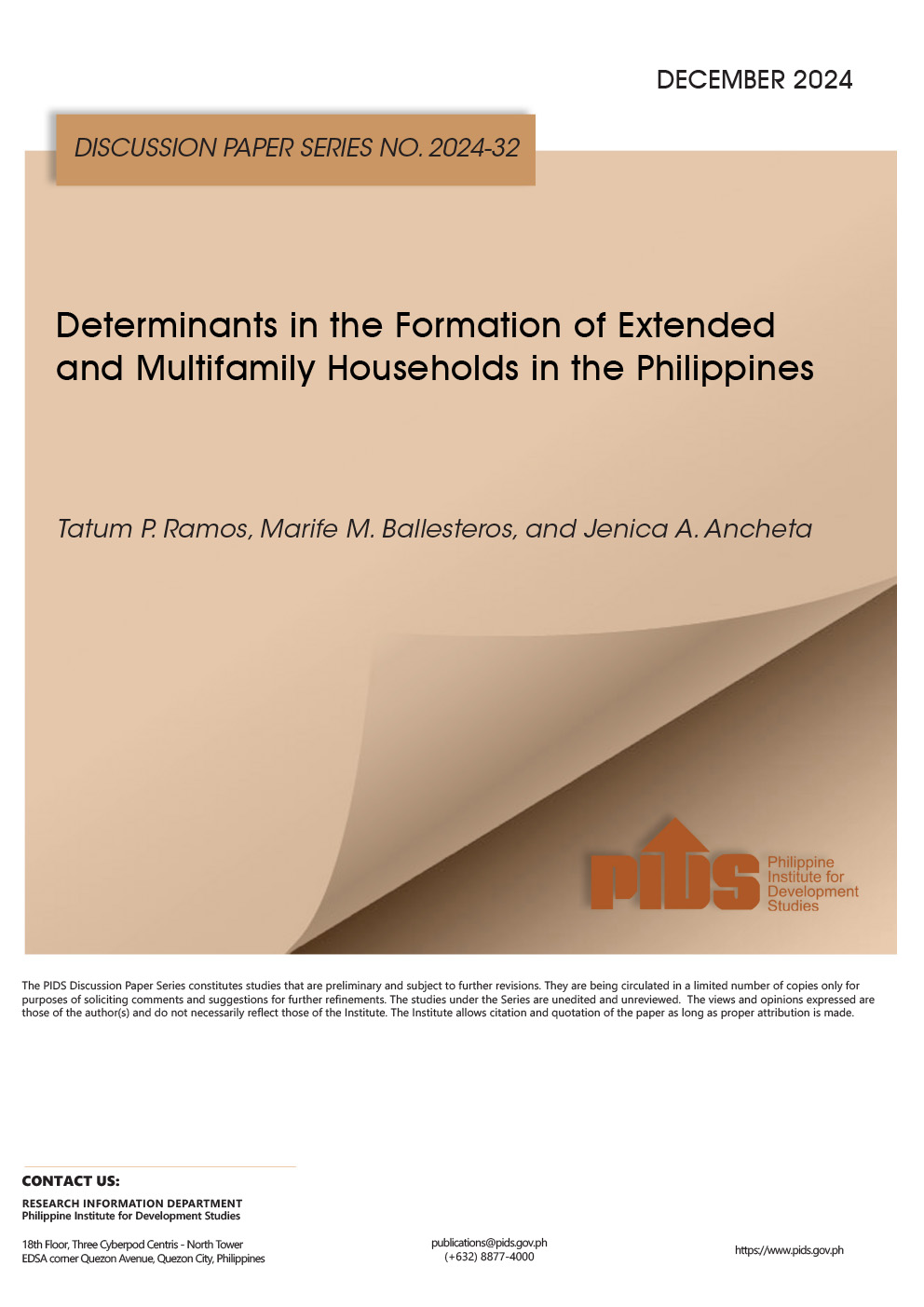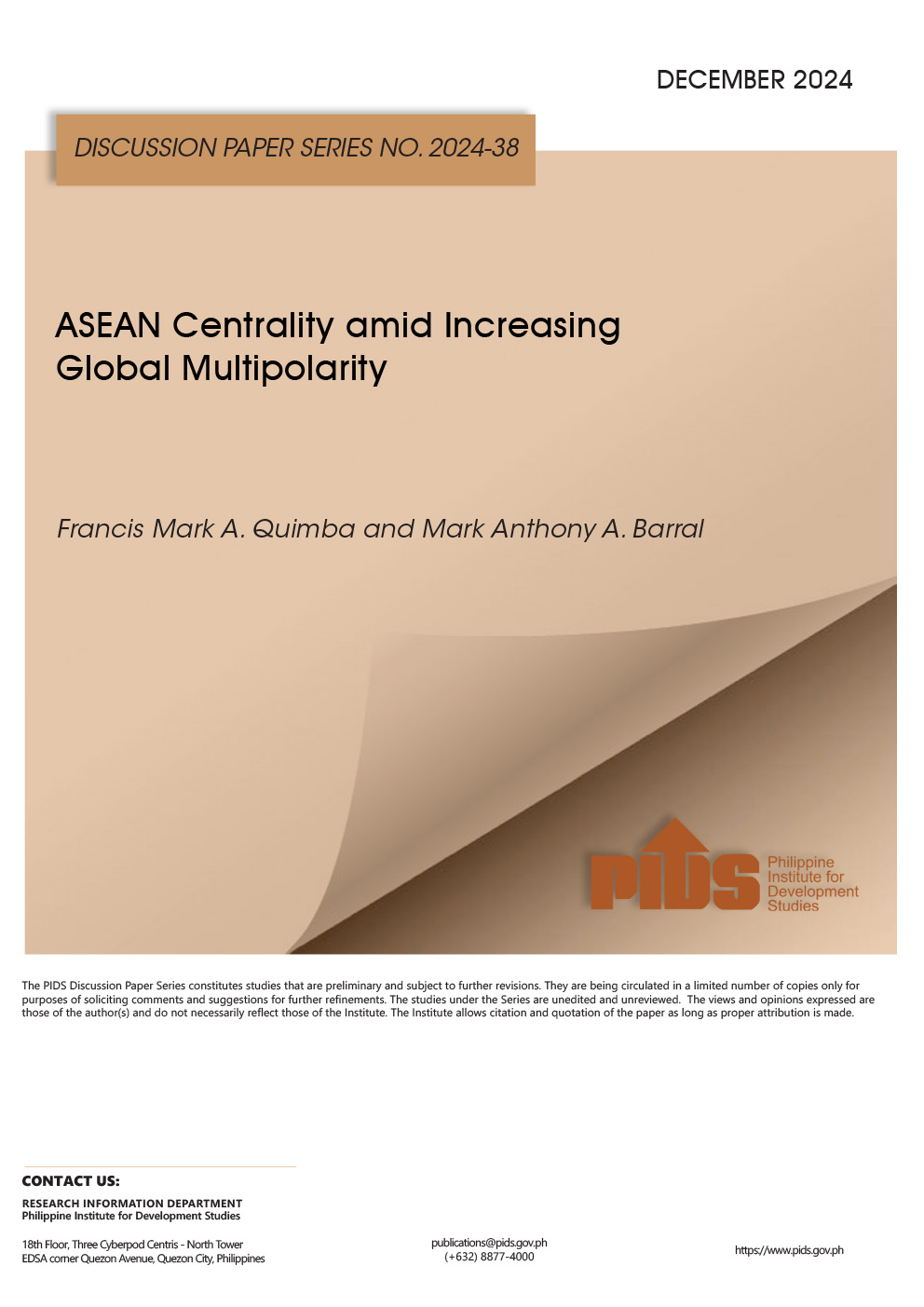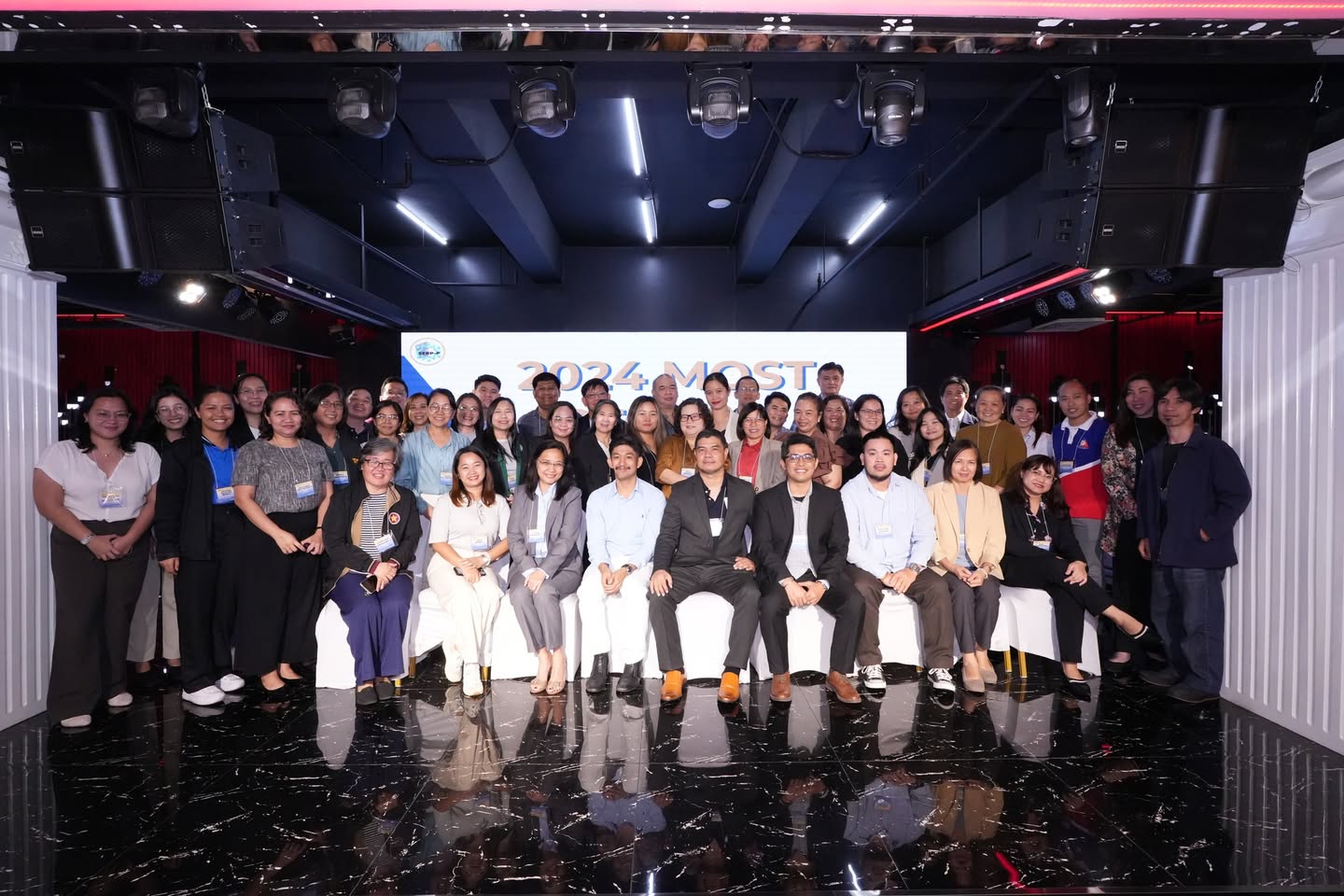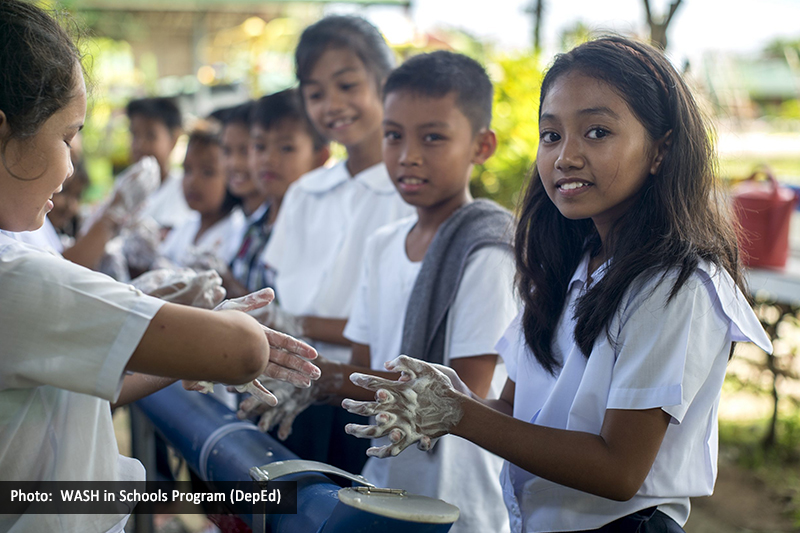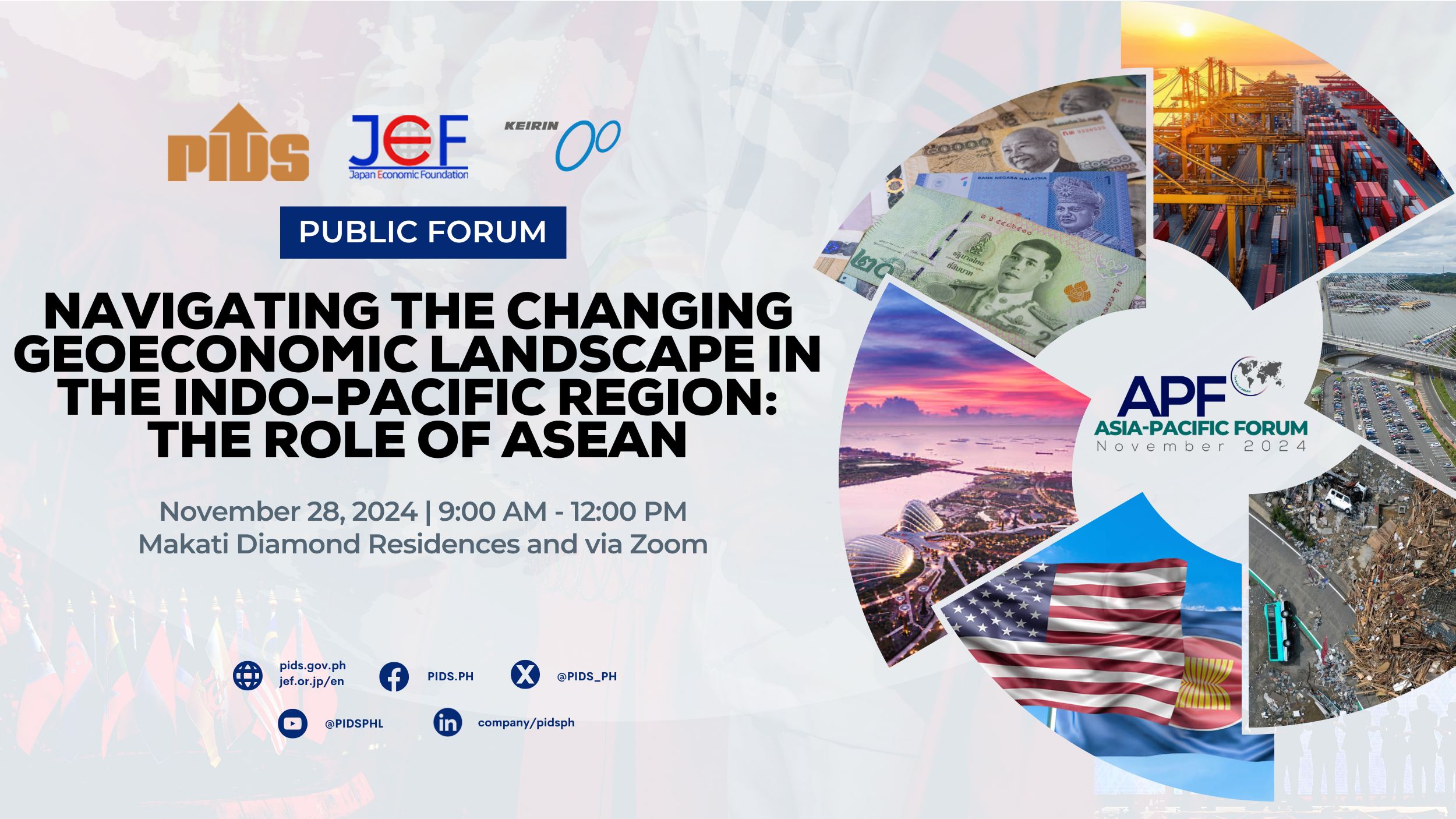The study presents a summary of the six-country study on managing international labor migration in the Association of Southeast Asian Nations (ASEAN). The countries are grouped into sending (Cambodia, Indonesia, Philippines) and receiving (Malaysia, Singapore, Thailand). The objective was to share international migration management issues from the perspective of a sending or a receiving country. The country research teams were asked to identify and study a specific migration management issue that is deemed current and reflective of the primary migration management experience of the country.
For sending countries, the Cambodia research team studied the high frequency cross-border crossings into Thailand that is dominated by irregular migrants. The Indonesian research team looked at the role of local governments in migration management as the country embarked into substantial decentralization process. The Philippine research team looked at the management of massive deployment flows spanning thirty years with special attention to the most vulnerable group — the household service workers. For receiving countries, the Malaysian research team looked at their experience in the continuing running battle with irregular migrants. The Singaporean research team looked at the close interaction between the needs of the economy for migrant workers and their desire not to be too dependent on them. The Thai research team described the experience at the crossroad of being both a receiving and still a sending country.
The studies have highlighted seven important themes on international labor migration management in ASEAN, namely: (a) the importance of integrating international migration into national and regional development efforts; (b) the importance of both bilateral and multilateral agreements; (c) the importance of recognizing differences in labor market policies in sending and receiving countries in designing protection for migrant workers; (d) the need to consider general administrative capacities in designing migration regulatory efforts; (e) the importance of involving subnational bodies in migration management; (f) the need to broaden cooperation in handling irregular migration; and (g) the recognition that the protection envisioned by the state need not be the one "desired" by the migrant, hence, the need to check often to find out the effectiveness of protection measures.
Citations
This publication has been cited 1 time
- Srinivas, Shivakumar and Satya Sivaraman. 2021. Understanding relevant Sustainable Development Goal targets related to labour migration in the Association of Southeast Asian Nations during the Coronavirus disease pandemic. Number 2021-RPR-04. Economic Research Institute for ASEAN and East Asia (ERIA).

